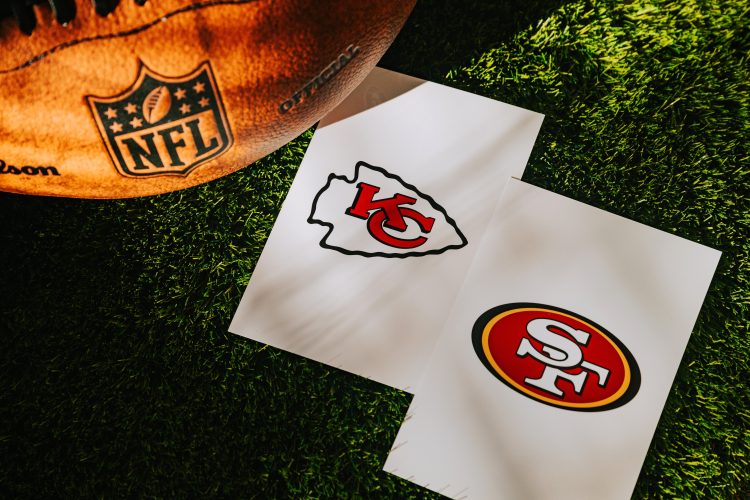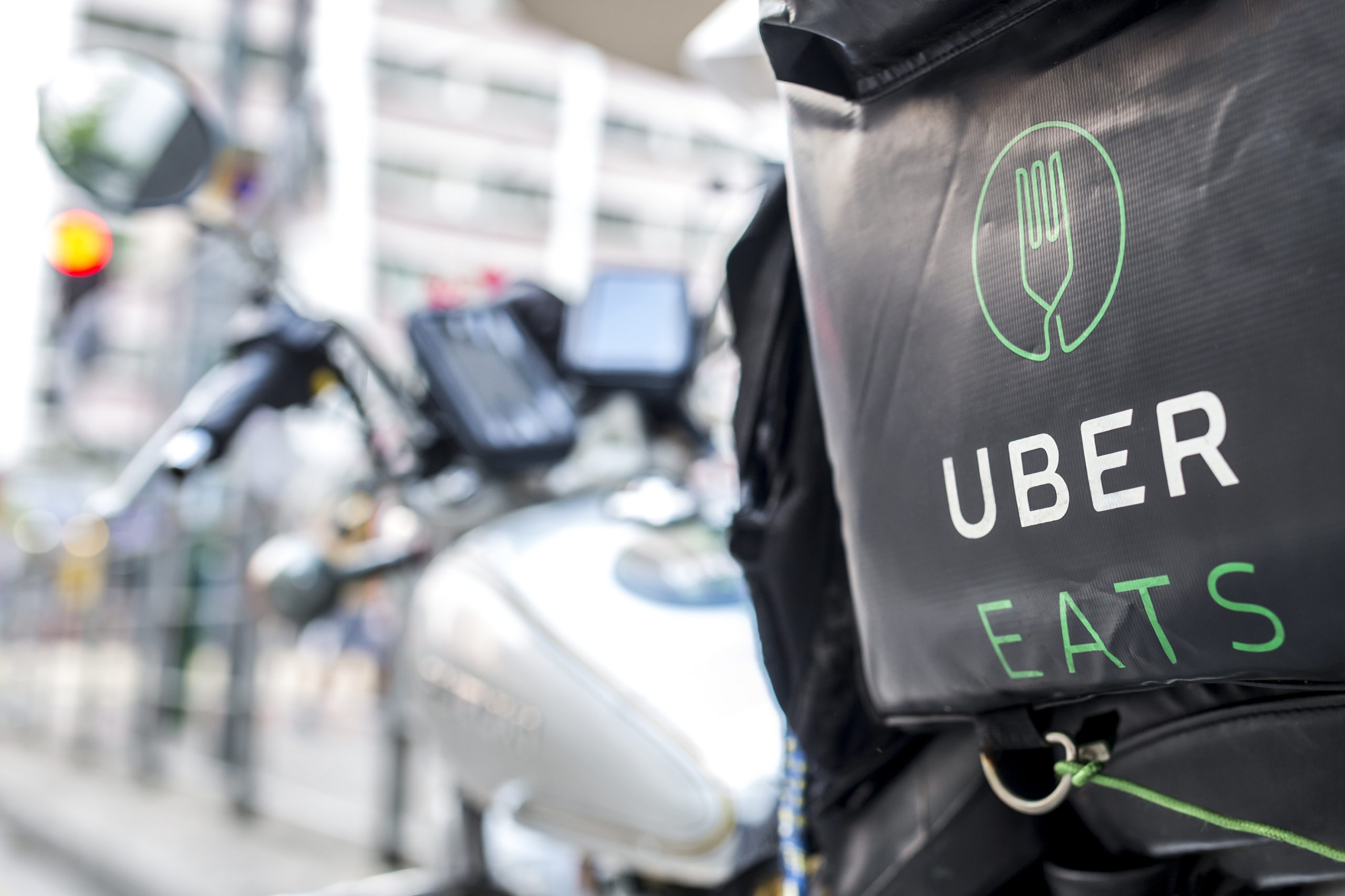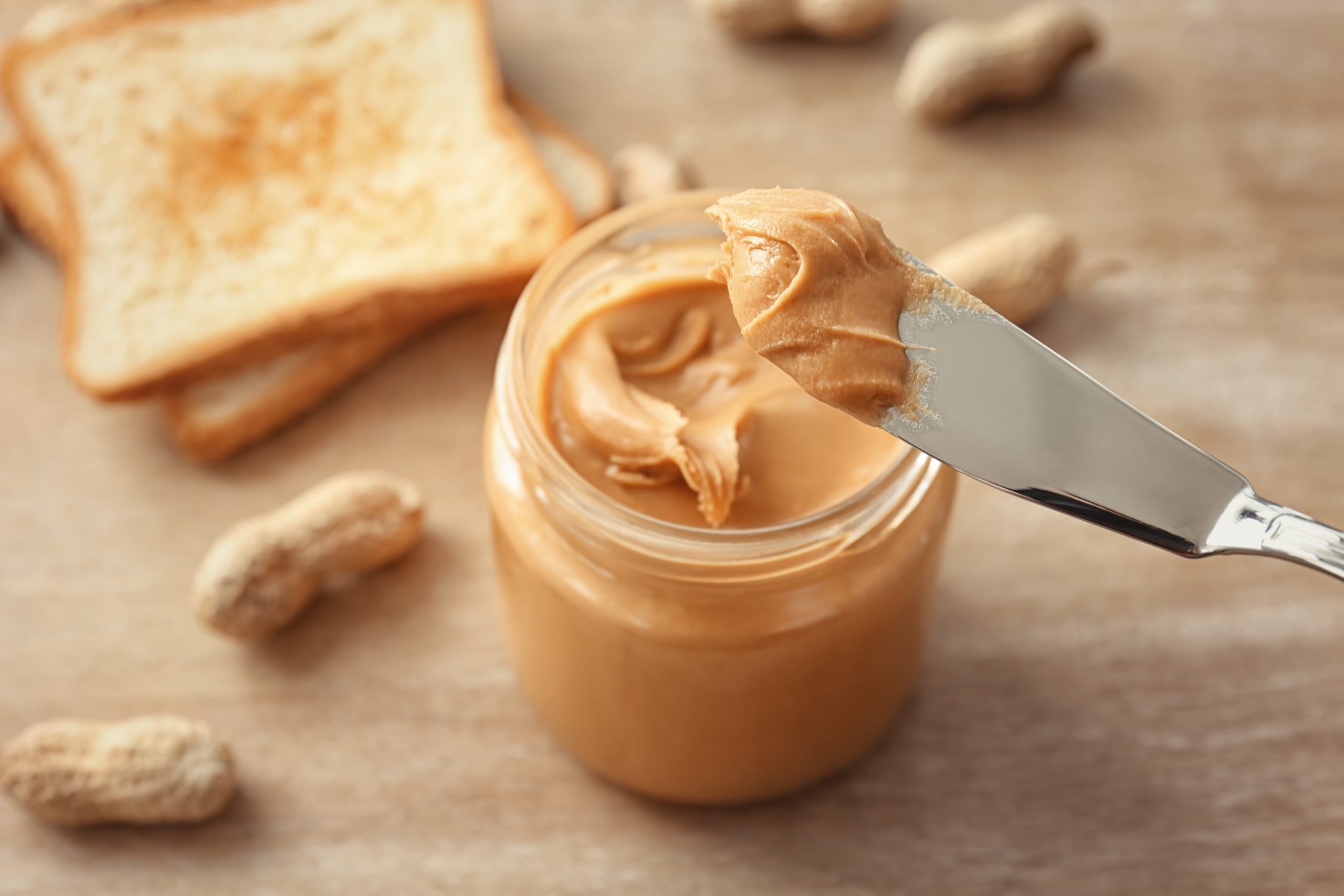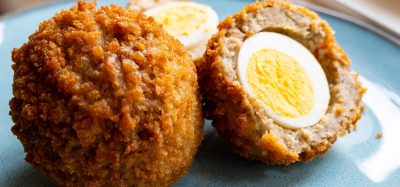How did Uber Eats respond to Superbowl ad backlash?
- Like
- Digg
- Del
- Tumblr
- VKontakte
- Buffer
- Love This
- Odnoklassniki
- Meneame
- Blogger
- Amazon
- Yahoo Mail
- Gmail
- AOL
- Newsvine
- HackerNews
- Evernote
- MySpace
- Mail.ru
- Viadeo
- Line
- Comments
- Yummly
- SMS
- Viber
- Telegram
- Subscribe
- Skype
- Facebook Messenger
- Kakao
- LiveJournal
- Yammer
- Edgar
- Fintel
- Mix
- Instapaper
- Copy Link
Posted: 29 February 2024 | Grace Galler | No comments yet
Speaking to New Food, Sung Poblete, CEO of FARE, explains how her discussions with Uber Eats led to their Superbowl advert being edited to remove a clip “mocking” peanut allergies.


Just a few weeks ago, millions of people around the world were getting ready to tune into the highly anticipated Superbowl LVIII game between Kansas City Chiefs and San Francisco 49ers. But during the build up, an advert created by Uber Eats caused quite a stir on social media.
New Food reported on its original commercial, titled “Don’t Forget Uber Eats”, which contained various clips of consumers forgetting significant information about their order.
The minute-long advert included well-known celebrities including Victoria and David Beckham, Jennifer Anniston and David Schwimmer.
However, in one segment of the original advert, a man was shown eating from a jar of peanut butter but had developed swollen eye and hives on his skin. The actor in this clip stated “There’s peanuts in peanut butter?… Oh it’s the primary ingredient.”
Following this, consumers took to social media in their hundreds to explain their distaste for the peanut allergy-related clip.
In fact, Liljia Polo Richards, CEO and Founder of Allergy Companions, told New Food: “The allergy community was not prepared to see the entertainment industry use allergies again as a laughing matter, and spoke up to have the advert changed and have any belittling allergy references removed.”
Industry responds to Uber Eats’ ad change amid allergy backlash
New Food wanted to find out more about people behind getting the advert changed, so Assistant Editor Grace Galler sat down with Sung Poblete, CEO of Food Allergy Research & Education (FARE), to ask how the conversation with Uber Eats transpired.
Poblete started off by pointing out that FARE represents “more than 33 million Americans” in the US and “supports the journey of a food allergy patient and their families”.
With this in mind Poblete shared exactly why she felt it was important to speak on behalf of those living with food hypersensitivity when it comes to the Superbowl advert, sharing: “I think the entertainment and sports industry have a long history of utilising food allergies, anaphylactic food allergies, as a joke.
“And if you think about the suffering that individuals and families go through, it’s really not funny. Someone having an anaphylactic reaction, they’re trying to take their breath and it’s so important, right? And to mock fun of someone going through that, it’s just not appropriate.”
Poblete went on to note that FARE wanted to utilise widespread response to the clip of a man that “literally was having an anaphylactic reaction to peanut butter” to spark discussion with Uber Eats, to “let them know we need to create a more inclusive world. We can’t make fun of someone with a disease.


Uber Eats is an online food delivery platform that operates in more than 500 cities around the world
“This is not a diet. This is a really life-threatening disease, so we approached it in that sense. Look at the world around us. There’s so much happening. There’s several wars going on simultaneously. And for us it was about how can we do more good? How can we leverage this as a teachable moment to bring the world together?”
Changing the narrative
So how did Uber Eats respond to the concerns? Well according to Poblete, it was “instrumental in changing the ad within a very short period of time”.
In fact, Poblete even claimed that she believes FARE feels as though it has a “new ally and a new champion in the food allergy arena”.
Asking the CEO of FARE to take New Food inside of the conversation with the food delivery giant, Galler asked whether Uber Eats took the feedback well, with Poblete admitting: “I have to be very honest, it was one of the most pleasant, wonderful conversations that I could have had with a Senior Executive of any organisation.
“To think about the fact that we were originally on a call, on a point that we may have disagreed on, turned out to be a really wonderful example of organisations, how they can collaborate and change the world together.”
However, organising the phone call didn’t prove to be straightforward for Poblete. In fact, she claims that FARE “tried to reach out to Uber privately to change the commercial, but weren’t able to”. Still keen to represent voices of those living with food allergies across the world, FARE went on to release a press statement, and “about 24 hours after that, [FARE] were able to directly reach Uber.
“The conversation was around the peanut allergy joke and I think they realised that that was a misstep on their part and wanted to work with us to remove the ad.


The original commercial made by Uber Eats included a clip of man eating peanut butter that was suffering from an allergic reaction
“The conversation was around why it was important for us and why it was important for our community to speak up. We had quite a number of comments on social media as you could imagine, and that is what obviously got the attention that we were looking to connect with them.”
It was clear that the CEO of FARE was pleased with the proactive response from Uber Eats, but for more reasons than one. As well as removing the clip, Poblete believes that this alteration has created “a national teachable moment around allergy”, something she defines as “spectacular”.
Tasteful changes
Over the course of the last year, New Food has been reporting on allergy safety around the world, including significant milestones in the sector such as the Food Standards Agency (FSA) backing Owen’s Law, a campaign started following Owen Carey suffering a fatal anaphylactic reaction to a burger from a restaurant chain in London.
The Owen’s Law campaign seeks to make it a legal requirement for restaurants to clearly state the allergy information in all of their dishes, and specially write this information on the main menu for customers to clearly see.
Sadly, allergy-related deaths are not limited to one case. Just last month, Órla Baxendale passed away from an anaphylactic shock after eating an incorrectly labelled cookie in Connecticut.
Hoping to make sure that the conversation around allergy safety remains a constant priority, fostering awareness, inclusivity and proactive measures, Poblete highlighted the significance both the entertainment and the sports industry has on consumers across the world.
“If you have the entertainment industry, the sports industry, making fun of an individual going through anaphylactic shock, then it kind of gives you carte blanche, right? Kids will think that ‘oh, this could be a funny joke, just like the Super Bowl commercial’, and it perpetuates the bullying that we see.
“I think for us who are going through this, enough is enough, and we have to change the way our culture views life-threatening diseases,” continued Poblete.
New allies, new orders
With Uber Eats’ quick response and edit of the original advert, it is evident that the company wanted to make changes to their pre-planned storyboard to omit any kind of allergy related joke. But with thousands of viewers across the world having already seen the clip, as well as multiple publications covering the backlash, Galler asked Poblete whether the damage had already been done when it came to the delivery giant breaking consumer trust:
“The quick edit and their graciousness over this situation has won,” explained Poblete.
“I think our community, we know that they want to be our ally, and we champion that. We support that.”
That being said, Poblete highlighted that her main concern in the sector when it comes to food safety right now is that more work needs be done with food delivery companies to ensure there is no cross contamination of food.
“When we say we have a food allergy, [it is important] for them to realise this is not a diet option. We’re not asking you to remove carrots from our salad because we don’t like carrots. This is a disease. And so if everyone takes this seriously, I think that we can and we will extend our dining room table so that everyone feels inclusive.”
Related topics
Allergens, Food Safety, Research & development, retail, The consumer, Trade & Economy, World Food









